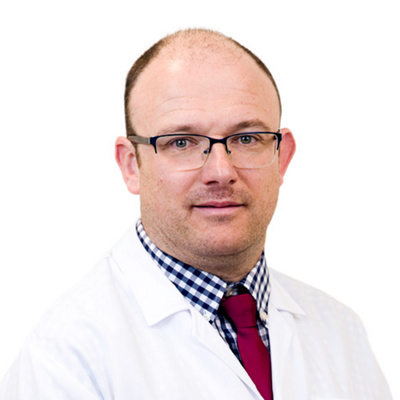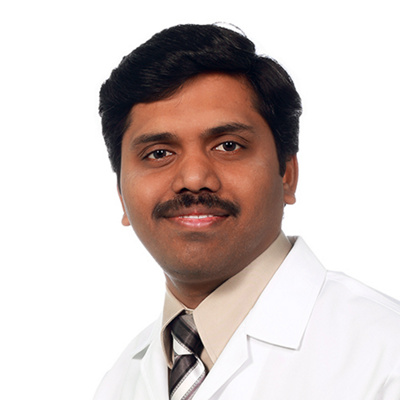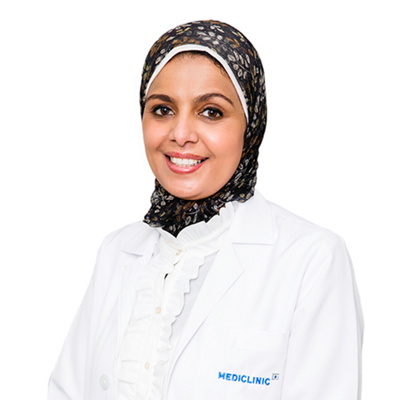Mediclinic Parkview Hospital now offers diagnostic services and treatment for allergies in children led by Dr David Cremonesini MSc Allergy, Consultant Paediatrician.
Does my child have an allergy?
Whether their child has an allergy is a common concern for parents. To be sure you are getting the right diagnosis and advice it is best to have your child seen by an allergy specialist. Skin rashes, itchy skin, runny nose and cough can be caused by allergy but not always, so it is important that tests are done to try to identify what is causing that problem. By knowing the cause, correct advice on what to avoid can help the child get better. Reactions to food are not always due to allergy and it is important to see an allergy specialist who will take a proper history from you to know what actually happened and what was eaten. Allergy tests can be done to confirm allergy but allergy tests should always be done in line with any story. When there is no story, panel testing is not helpful as you can’t diagnose allergy just from a test. A child can have a positive test and NOT be allergic.
Which allergy test is best?
Here at Mediclinic Parkview Hospital, Dr. David offers skin prick testing for food and airborne triggers such as dust mites, pets and moulds. These occur on the skin where a drop of the allergen is placed and then a pin prick on the drop is performed. 15 minutes later we have the answer and the doctor can explain the results in the same appointment. These tests are less painful than a blood test, but sometimes blood tests are still performed and can be done at Mediclinic Parkview Hospital. The key thing is to do focused testing and test the possible allergies from the story given by parents. A positive test on its own does not mean allergy and so testing foods already eating we don’t do.
Sometimes tests are inconclusive and so food challenges are needed to check for allergy. They are done also if parents are worried about giving a food for the first time at home. We know that, to reduce the risk of developing food allergies, it is best to introduce different foods before one year of age. Here at Mediclinic Parkview Hospital we can help that with these challenges in the clinic or on the ward if the child is high risk.
Many children are diagnosed with antibiotic allergy but we know over 90% are probably not. A common scenario is a child on a penicillin antibiotic developing a rash after one or two days. However, that child most likely had a viral illness and so the rash when on the antibiotics in most cases is due to the virus and not the penicillin. Allergy tests for antibiotics are not very accurate so in Mediclinic Parkview Hospital we do antibiotic challenges where we give the child an oral dose when well and monitor for a rash safely in hospital.
How can allergy tests help?
Getting the right diagnosis in allergy is important. That way we can reduce the need to avoid foods and ensure a child can eat more healthily and grow. It can help eczema so a child can scratch less and use less steroid cream. It can help hayfever to prevent rubbing the nose and sneezing. It can also help in asthma when the child is coughing and wheezing. If the child has an allergy to pets or dust then advice can be given to reduce exposure and so improve asthma control. Here at Mediclinic Parkview Hospital we offer immunotherapy for managing hayfever and asthma allergies. With food allergy, the treatment is generally to avoid that food, but at least we can identify what needs to be avoided. A discussion can then be had with your doctor about how to manage future allergic reactions and how to use an adrenaline pen if needed. Dr. David can explain what medicine to give with different allergic reactions and prescribe adrenaline pens if required. It is important parents and children know how to use the pens and Dr. David can show you how.
Allergy services offered include:
- Skin prick test
- ImmunoCAP blood test
- Component resolved diagnosis
- Lung function tests including spirometry and FeNO
- Oral food challenge
- Drug provocation test
For more information or an appointment, please call 800 1999.






